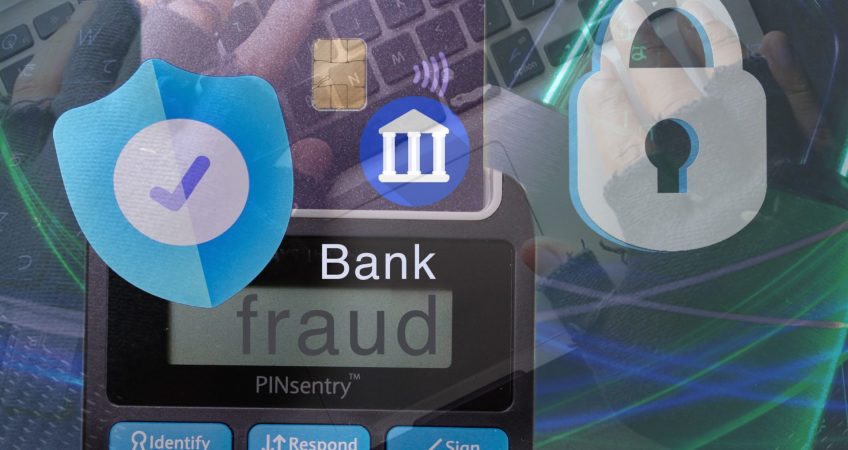
Surelock’s Banking Frauds
What’s the difference between fraud and a scam?
Fraud is a deliberate deception intended to result in financial or personal gain. Scams are more often perpetrated by individuals rather than businesses.
Fraud is the use of deception to deprive someone of money or property, usually by gaining access to their bank accounts or credit cards and using them without their permission. Fraud can also include other actions such as identity theft and misrepresentation.
Fraudulent schemes may be carried out face-to-face or online, but there are many different methods of committing fraud. Some common types of fraud include:
Identity theft – This occurs when someone steals your identity and uses it for their own gain. This may involve using your name, date of birth and other information to open accounts or obtain credit cards in your name.
Check fraud – Someone fakes an endorsement on a check so that they receive the money instead of you when it clears your account.
Credit card fraud – Someone steals someone else’s credit card information and purchases goods with that card number without their permission. They may also make up fake cards with stolen numbers and use them at stores where they’d have trouble getting approved for purchases with legitimate cards.
What is fraud?
Fraud is a deliberate deception made for personal gain. Fraud can be committed by individuals or businesses and can occur in any number of ways, including:
Falsely claiming government benefits or tax credits, such as Employment Insurance, Canada Pension Plan and Old Age Security benefits
Falsifying financial statements, such as when a person or company distorts their assets or liabilities to make them appear better than they are
Falsely claiming to be an employee or representative of a company when making purchases or signing contracts on behalf of the company
Misrepresenting the value of goods or services that you’re selling to make more money than you should
What is a scam?
A scam is an attempt to defraud you out of funds or property or to persuade you to send money or give personal information, by means of false or fraudulent pretences, representations, or promises.
How do scammers get my money?
There are many ways to scam people. For example:
You may be asked for money for a good cause and told that it will be used for the greater good. However, there’s no guarantee that your donation will be used as promised.
You may receive an unsolicited email asking you to send money or personal information. These emails are often called “phishing” emails because they attempt to trick you into providing your personal data so they can steal your identity and access your accounts.
You could be offered a new opportunity that seems too good to be true. If it sounds too easy, it probably is!
If you have a need for a private investigation do not hesitate to contact us, we will discuss all the options, so you know the costs and exactly what is involved.
You will be in safe hands, so if you have a need fro this professional service, please contact us https://www.surelock.org/contact-us/
